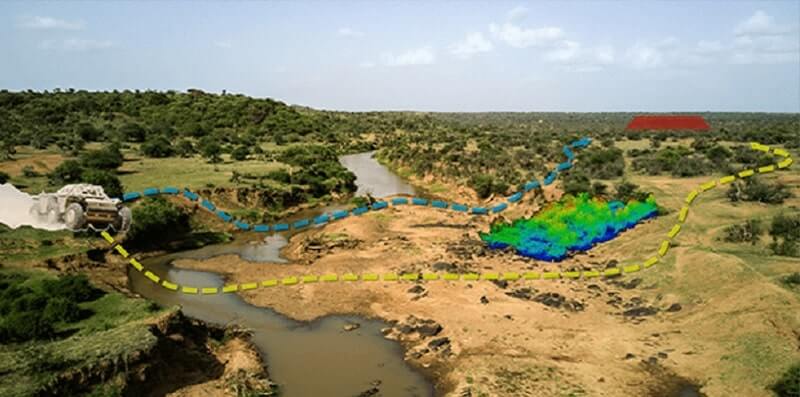DARPA is working on a Robotic Autonomy in Complex Environments with Resiliency (RACER) program. The aim is to work on algorithms for off-road unmanned vehicles.
The self-driving car industry has made great autonomy advances, but mostly for well-structured and highly predictable environments. In complex militarily-relevant settings, robotic vehicles have not demonstrated operationally relevant speed and aren’t autonomously reliable.
While vehicle platforms that can handle difficult terrain exist, their autonomy algorithms and software often can’t process and respond to changing situations well enough to maintain necessary speeds and keep up with soldiers on a mission.
Over a four-year timeline, RACER plans to develop new algorithm technologies that maximize utilization of the sensor and mechanical limits of Unmanned Ground Vehicles (UGVs) and constantly test these algorithms in the field at DARPA-hosted experiments across the country on a variety of terrain.
DARPA will provide advanced UGV platforms that research teams will use to develop autonomous software capabilities through repeated cycles of simulations and tests on unstructured off-road landscapes.
RACER program goals include not only autonomy algorithms, but also creation of simulation environments that will support rapid advancement of self-driving capabilities for future UGVs.
The details of the program are yet to be disclosed.


